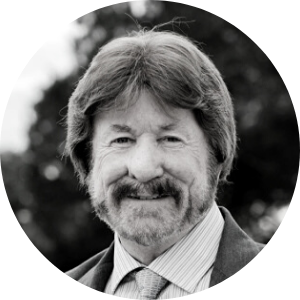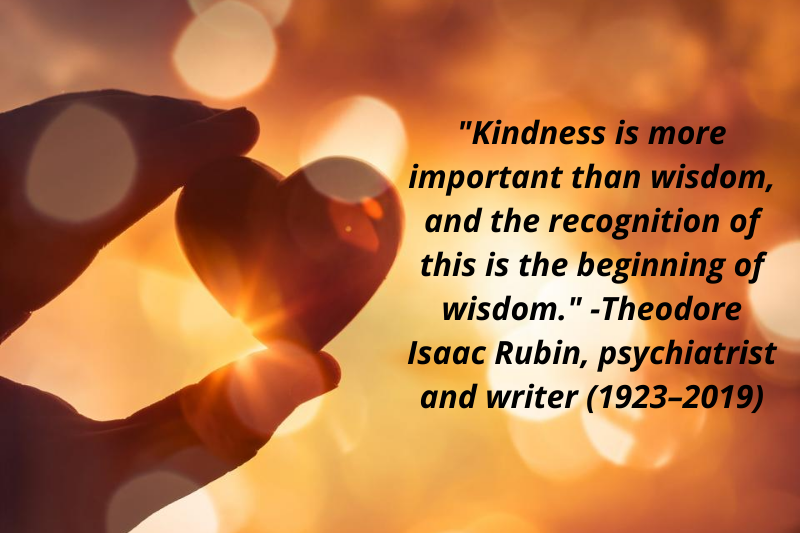
The Entrepreneurial Journey Part 5 – Can You Execute?
Sep 7, 2021 | Gazette, The Latest
The Entrepreneurial Journey Part 5 – Can You Execute?
Tuesday, September 7, 2021, by Dr. Frederick Crane

Go-to-market strategies for most new ventures are usually fatally flawed. And, they are usually fatally flawed because they are not grounded by voice of customer (VOC) research. You cannot execute successfully without truly vetting the elements of your go-to-market strategy. This is where the rubber hits the road. Planning is nothing without execution! And, executing based on assumptions and guesswork is folly. So, your execution must be validated by your customer.
First, determine your suite of offerings for your addressable market. Find out exactly what the customer wants In terms of a product/service suite. Single offerings are considered one-trick ponies to investors. They want to see a portfolio of offerings to different types of customers with different use cases. Yes, your starting point is a beach-head with a core customer and a core use case. But, you have to plan for adjacency plays – new customers, new applications etc. So, determine what will be your first offerings to the first customers and then build out from there.
Second, determine you pricing strategy using VOC. Do not use cost-plus pricing or competitive-based pricing, instead use demand-based pricing. In other words, back into your pricing using customer input. Find out exactly what your customers are willing and able to pay. In essence, do not say “our costs are X therefore are price should be Y.” Or, “our competitors are priced at ABC, therefore we should price accordingly.” No, allow your customer to set your price ceiling. They will tell you the value that they attach to your product/service.
Third, determine your channels of distribution using VOC. Engage your potential customers and determine where they currently shop for solutions like yours. And, are they happy with where they have to shop for them? You need to gain market access to your customers so find the right channels and then slot your products/services in those channels. Also, be mindful that most investors want a venture that has planned on multiple channels of distribution. Multi-channel is actually a must today so forget your notion of a single D2C channel – your own website only. Pure-plays such as this limit your access to customers; cost a lot of money re: customer acquisition; and scare investors!
Fourth, determine your marketing communications strategy by using VOC. This execution element is perhaps the most critical. The wrong media mean missed opportunities. Remember, no one knows you, your venture or your brand. You need to reach your customers. So, you need to determine exactly what media your addressable market consumes – what they read, listen to, and watch. You will not have enough budget to shotgun this. So, narrow-cast – focus – and hit your customer directly. If you know precisely the type of customers that are part of your addressable market, talk with them and ascertain their media habits. If they say, “we watch Oprah”, then, you better advertise on Oprah. If they say, I learn about product/services like this on Instagram”, then you better be on Instagram!\
A cohesive, integrated execution strategy is a must if you are going to have a successful entrepreneurial journey. And, it is possible. Just do the work and enjoy your success!
Author

Frederick Crane serves as a Senior Project Manager for the International Council for Small Business (ICSB).
Dr. Crane is an Executive Professor of Entrepreneurship & Innovation at the College of Business at Northeastern University; Former Editor of the Journal of the Academy of Business Education; and co-founder of Ceilidh Insights LLC – an innovation management training, intellectual property consulting
and consumer insight company. He was formerly a professor of marketing and entrepreneurship at the University of New Hampshire and a Chair and Full professor at Dalhousie University.
At Northeastern, he developed the graduate new venture creation course; the undergraduate innovation course – which is now taught campus-wide; and developed the online MBA course on innovation and enterprise growth. He also serves as the Faculty Advisor for the Private Equity and Venture Capital Club. Every semester at least one of his teams from his new venture creation course goes on to commercialize a business.
Citation of Article:
Crane, F. (2021, September 7). The Entrepreneurial Journey Part 5 – Can You Execute? The International Council for Small Business, Small Business Gazette. https://icsb.org/the-entrepreneurial-journey-part-5-can-you-execute/




